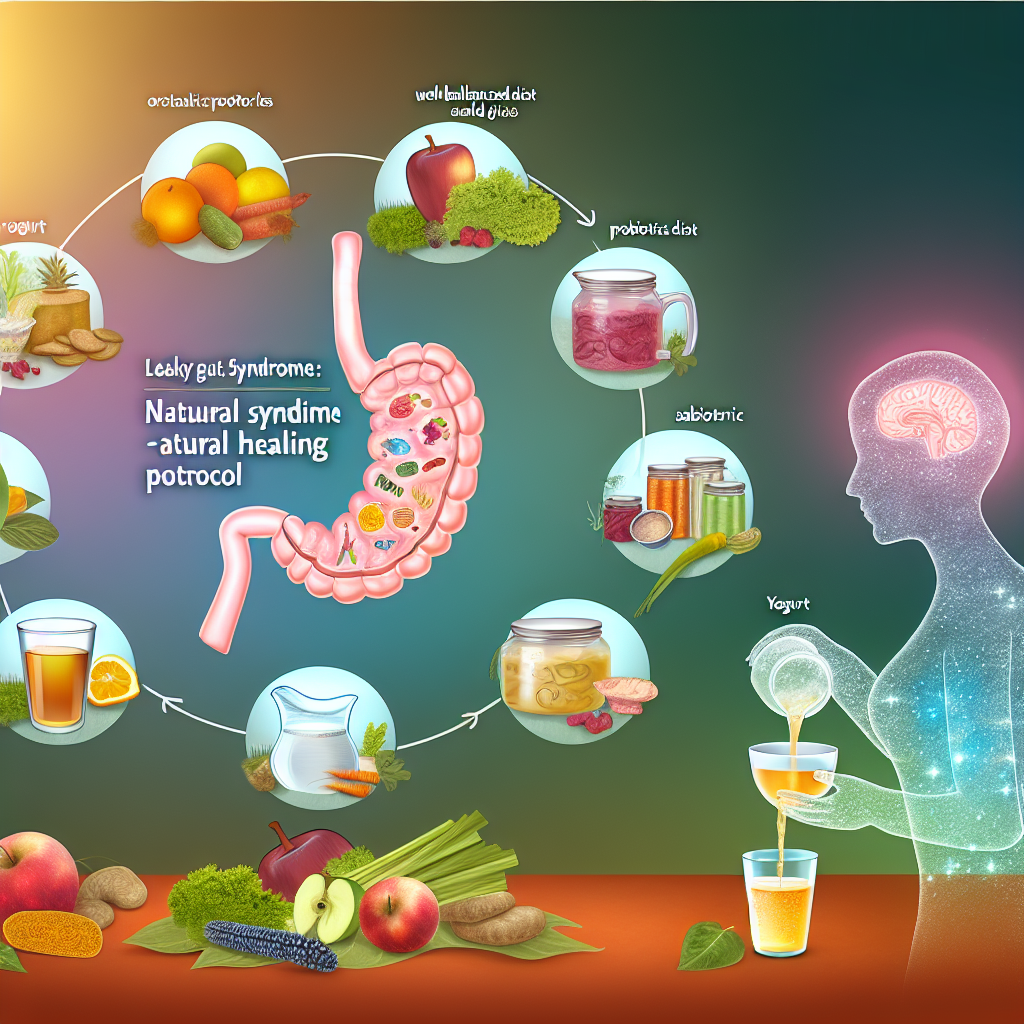# Home Remedies for Bloating: Instant Relief That Actually Works
Say goodbye to belly bloat with simple natural solutions backed by science and tradition.
## Understanding Bloating: Why Your Stomach Feels So Full
Bloating is a common and uncomfortable sensation that many individuals experience daily. Characterized by a feeling of fullness, tightness, or swelling in the abdomen, bloating can be caused by a variety of digestive issues, ranging from overeating and gas buildup to more complex gastrointestinal conditions like irritable bowel syndrome (IBS) or food intolerances.
While over-the-counter remedies are widely available, many individuals are turning to natural, home-based treatments to avoid reliance on pharmaceuticals and to align with holistic wellness practices.
The gut, often referred to as the “second brain,” plays a critical role in overall health. When the digestive system is overwhelmed or irritated, bloating can become a frequent and frustrating symptom.
The good news? Nature offers a variety of solutions to help restore balance to the gut microbiome and relieve bloating symptoms quickly and effectively. From herbal teas and probiotics to gentle yoga poses and ancient healing practices like abdominal massage, there are many gentle, affordable ways to get relief.
One of the keys to managing bloating is identifying the root cause. Whether it’s excessive intake of salty, fatty foods, artificial sweeteners, or stress-induced digestive disruption, pinpointing the source is essential in fostering long-term relief. Once identified, home remedies can provide instantaneous comfort while promoting gut health over time.
In this article, you’ll discover science-backed, traditional methods that offer real results. Most of these easy, natural approaches can be found in your kitchen—and integrated into your lifestyle today.
## Nature to the Rescue: Proven Home Remedies for Bloating
When it comes to bloating relief, it’s important to not only rely on anecdotal evidence but also examine what science says. Fortunately, several home remedies have been rigorously studied and proved to be both safe and effective.
### Peppermint Oil: A Natural Digestive Soother
Peppermint oil has antispasmodic properties that help relax the smooth muscles in your gastrointestinal tract. This makes it particularly effective in reducing bloating, gas, and abdominal pain, especially in patients with IBS.
✅ Clinical Fact: A 2014 meta-analysis in the Journal of Clinical Gastroenterology confirmed peppermint oil’s effectiveness for short-term IBS management due to its soothing effect on gut muscles.
🔗 Source: [PubMed Study](https://pubmed.ncbi.nlm.nih.gov/24445363/)
### Ginger: The Ancient Remedy That Still Works
Used for centuries in ayurvedic and Eastern medicine, ginger accelerates gastric emptying and stimulates gastric contractions, helping food move more efficiently through the stomach and intestines.
✅ Clinical Fact: A 2008 study in the World Journal of Gastroenterology found ginger speeds digestion and reduces bloating.
🔗 Source: [NCBI Article](https://www.ncbi.nlm.nih.gov/pmc/articles/PMC6341159/)
### Fennel Seeds: Small Seeds with Powerful Anti-Bloat Properties
Fennel seeds contain oils that relax intestinal muscles and help gas pass more easily. They also have anti-inflammatory and antimicrobial properties.
✅ Clinical Fact: A 2018 randomized trial showed that a formulation of fennel oil and curcumin significantly improved bloating in IBS patients.
🔗 Source: [Trials Journal](https://trialsjournal.biomedcentral.com/articles/10.1186/s13063-017-2380-6)
### Probiotics: Balancing the Gut to Beat the Bloat
Probiotics are beneficial bacteria that help balance the gut microbiome. Found in fermented foods like yogurt, kimchi, and kefir, or taken as supplements, probiotics can improve digestion and reduce bloating.
✅ Clinical Fact: A 2020 review in Medicina Journal states that certain probiotic strains help relieve abdominal bloating and gas by regulating intestinal fermentation.
🔗 Source: [Medicina Study](https://www.mdpi.com/1010-660X/56/4/156)
## Move It to Improve It: Lifestyle Habits for Instant Relief
Lifestyle changes play a huge role in managing and preventing bloating. Here are some effective non-dietary practices to incorporate into your routine.
### Yoga for Your Gut: Poses That Ease Bloating
Yoga not only calms the mind but also gently massages your internal organs to help relieve gas buildup and digestive discomfort.
🧘♂️ Try These Bloat-Busting Poses:
– Pawanmuktasana (Wind-Relieving Pose)
– Balasana (Child’s Pose)
– Apanasana (Knees-to-Chest Pose)
✅ Clinical Fact: A study from the Journal of Yoga and Physical Therapy observed significant digestive symptom improvement in individuals practicing yoga regularly.
🔗 Source: [Yoga Therapy Study](https://www.longdom.org/open-access/effect-of-yoga-on-digestive-disorders-2157-7595-1000192.pdf)
### Simple Daily Habits That Help
– Stay hydrated with warm water and herbal teas
– Chew food thoroughly before swallowing
– Eat smaller, more frequent meals
– Avoid carbonated drinks and chewing gum which can lead to excess air in the gut
## The Bottom Line: Let Nature Be Your Bloat Relief Partner
Bloating can significantly affect comfort and quality of life, but the power to manage this common issue lies in simple, natural solutions. Backed by both tradition and science, remedies such as peppermint oil, ginger, fennel, and probiotics provide fast and lasting relief.
By combining these natural approaches with mindful eating, gentle yoga, and smarter daily habits, you’re nurturing your gut to function more efficiently—not just masking symptoms with quick fixes.
Let your pantry and garden offer you the tools for vibrant digestion and lasting relief. Next time you feel bloated, try these remedies first—and feel the natural difference.
## References
1. Khanna R, MacDonald JK, Levesque BG. Peppermint oil for the treatment of irritable bowel syndrome: a systematic review and meta-analysis. Journal of Clinical Gastroenterology. [Link](https://pubmed.ncbi.nlm.nih.gov/24445363/)
2. Hu ML, Rayner CK, Wu KL, et al. Effect of ginger on gastric motility and symptoms of functional dyspepsia. World Journal of Gastroenterology. [Link](https://www.ncbi.nlm.nih.gov/pmc/articles/PMC6341159/)
3. Portincasa P et al. Curcumin and fennel essential oil formulation for IBS: A randomized placebo-controlled trial. Trials Journal. [Link](https://trialsjournal.biomedcentral.com/articles/10.1186/s13063-017-2380-6)
4. Ford AC, Harris LA, Lacy BE, Quigley EMM, Moayyedi P. Systematic review with meta-analysis: the efficacy of prebiotics, probiotics, synbiotics and antibiotics in irritable bowel syndrome. Medicina. [Link](https://www.mdpi.com/1010-660X/56/4/156)
5. Gupta SK, Pradhan P, Nagendra HR. Effect of yoga on digestive disorders. Journal of Yoga and Physical Therapy. [Link](https://www.longdom.org/open-access/effect-of-yoga-on-digestive-disorders-2157-7595-1000192.pdf)
Concise Summary:
Bloating is a common and uncomfortable condition that can be effectively managed through natural home remedies. This article explores science-backed solutions like peppermint oil, ginger, fennel, and probiotics, as well as lifestyle changes such as yoga and mindful eating habits, to provide instant relief and promote long-term gut health.

Dominic E. is a passionate filmmaker navigating the exciting intersection of art and science. By day, he delves into the complexities of the human body as a full-time medical writer, meticulously translating intricate medical concepts into accessible and engaging narratives. By night, he explores the boundless realm of cinematic storytelling, crafting narratives that evoke emotion and challenge perspectives.
Film Student and Full-time Medical Writer for ContentVendor.com



